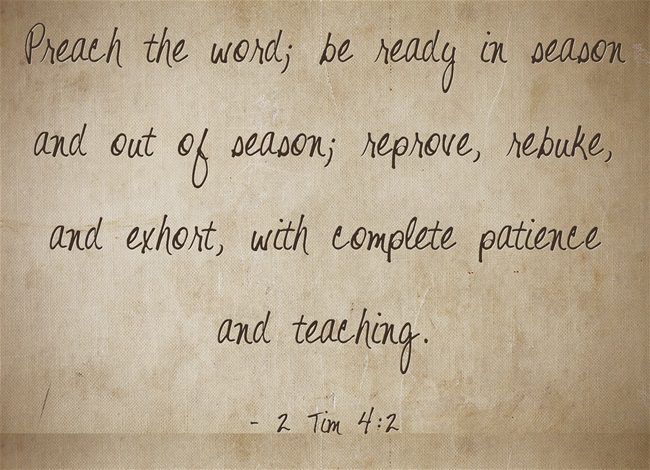What was the process like when the Bible was being assembled into what we have today?
Divine Inspiration
Looking at the Bible as we have it today differs from what the nation of Israel had in the Torah (the first five books of the Old Testament) but they did believe in divine inspiration of the Old Testament in books like the Psalms, Isaiah, and other such books. The Bible was written over about a 1,500 year period (1405 B.C. to AD 95) by 40 different authors and contextually, writing much the same thing, even though most of the authors didn’t know one another or were separated by time and distance. Of course, some of the apostles knew one another but not every apostle wrote a book. Only those who were chosen by God as He says in His Word through the Apostle Peter, “that no prophecy of Scripture comes from someone’s own interpretation” (2nd Pet 1:20) because “no prophecy was ever produced by the will of man, but men spoke from God as they were carried along by the Holy Spirit” (2nd Pet 1:21). The Apostle Paul clarifies this in writing that “All Scripture is breathed out by God and profitable for teaching, for reproof, for correction, and for training in righteousness, so that the man of God may be complete, fully equipped for every good work” (2nd Tim 3:16-17). All in the Greek means, all. No exceptions allowed. It wasn’t written by man just as my computer didn’t write this article. My computer processor was not the inspiration behind this article; I was. So it was with the Bible. It is not of human origin.
One Author
The Bible might seem to be written by 40 different authors but there is but one Divine Author. By the time that Jesus Christ came, all of the Old Testament was already being fully accepted and believed to be the Word of God, without question by the Jews, however clearly the uninspired and spurious Apocrypha, a group of 14 rogue writings which were written after Malachi and attached to the Old Testament about 200-150 B.C. have been rejected by Jewish scholars because of their contradictions to biblical doctrines that are contained from Genesis to Revelation. Jesus never quoted nor did He ever refer to one singe book or verse from the Apocrypha because it was seen as extra-biblical or outside of the canon of Scripture, and thus not the inspired Word of God.
Assembling the Bible
It so happened that through the centuries, the practitioners of textual criticism, which is a precise science, have discovered, preserved, catalogued, evaluated, and published an amazing array of biblical manuscripts from both the Old and New Testaments and by comparing text with text, the textual critic can confidently determine what the original prophetic/apostolic, inspired writing contained. The fact that the Apostle Paul quoted so much from the Old Testament, as did Jesus, Peter, and John, we can know that the Old Testament is also the inspired Word of God. Jesus would have never quote what was not the sure and certain Word of God. As far as the New Testament is concerned, there are over 5,000 Greek New Testament manuscripts that range from the whole testament to scraps of papyri, which may contain as little as part of one verse, but they precisely match those of the other manuscripts in content. New Testament textual scholars concluded that 99.9% of the original writings of the New Testament authors have no substantial variation from the original. The epistles or letters (books) of the New Testament church were already being circulated and accepted as the Word of God by the various churches in Judea and Asia Minor were formed in the first century. Today, we know that there is an abundance of existing ancient Old Testament and New Testament manuscripts, and even with the 0.01% error rate, the main things are still the plain things (John 3:16; Acts 4:12; Rom 10:9-13), because the exacting science of textual criticism has been able to reclaim the content of the original writings (revelation and inspiration), so today, the extreme degree of accuracy is 99.99 percent, with the remaining one hundredth of one percent having no effect on its content and never affecting God’s plan of redeeming sinners to Himself. In other words, the main message of the Bible is unaffected.
Conclusion
For the many who refute the Bible as the Word of God, they are taking the same strategy that Satan used in getting Eve to doubt God’s Word by saying, “Did God actually say” (Gen 3:1) and casting doubt on God’s Word (Gen 3:4), so those who doubt, you’ve actually joined with the Devil in disparaging the Word of God and will meet the same fate as he will (Rev 20:10) unless they turn from their sins and trust in Christ. The Bereans were more honest than the Jews at the time as it was said, “Now these Jews were more noble than those in Thessalonica; they received the word with all eagerness, examining the Scriptures daily to see if these things were so” (Acts 17:11).
Article by Jack Wellman
Jack Wellman is Pastor of the Mulvane Brethren Church in Mulvane Kansas. Jack is also the Senior Writer at What Christians Want To Know whose mission is to equip, encourage, and energize Christians and to address questions about the believer’s daily walk with God and the Bible. You can follow Jack on Google Plus or check out his book Teaching Children the Gospel available on Amazon.












